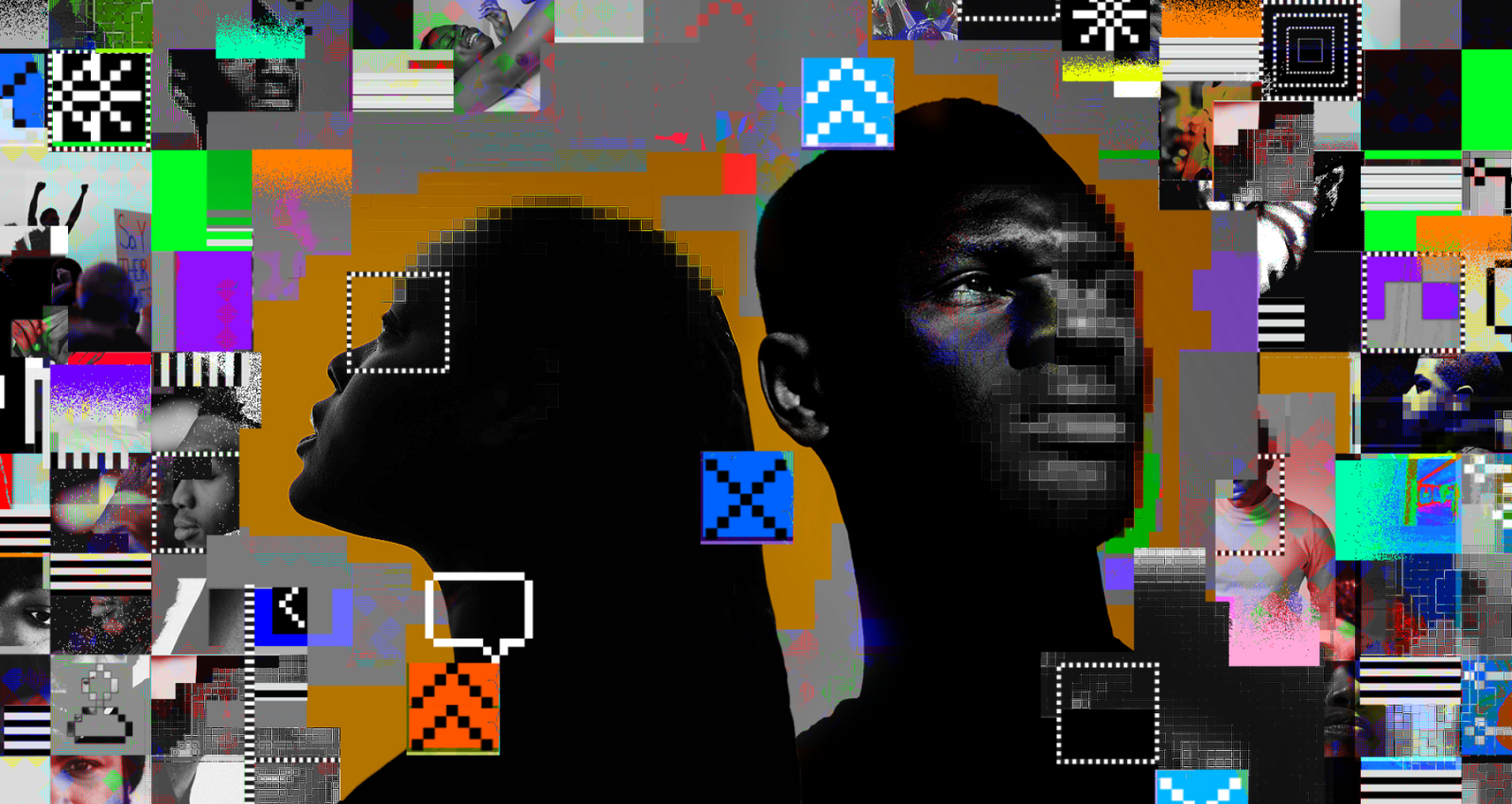Black History Month Spotlight: Honoring Black creators, activists, and community builders
February is Black History Month in the US and Canada, a month when we celebrate our amazing Black/African American heritage and what it represents in our society, our work, and…

February is Black History Month in the US and Canada, a month when we celebrate our amazing Black/African American heritage and what it represents in our society, our work, and in history. To honor the occasion, we shared a few stories on The ReadME Project highlighting the journeys of Black developers, open source leaders, and those fighting deeply ingrained inequity to create change.
We launched The ReadME Project last year to raise up voices showing the grit, optimism, and ingenuity of a growing community of developers. This month, I’m especially proud to highlight Black voices in tech for you to learn from and share. As a member of the open source community, and as a Black man with Cuban roots, I know the power of representation. I have had the opportunity to hear and learn from so many developers’ experiences, and each path is unique. These stories give me life, and I know they will do the same for others.
We know there are so many more stories worth telling, but visit The ReadME Project to read these:
- “Black voices bring much needed context to our data-driven society.” Data impacts our world view and personal livelihood, but not equally. Communities of Black Americans are organizing to democratize data collection and interpretation.
- Angie Jones is a Java champion, automation architect, and the senior director of developer relations at Applitools. Her story is all about seeing her differences as her super powers, gaining the confidence she needed to thrive in tech, and helping others build better software for everyone.
- Safia Abdalla is a full-time software engineer at Microsoft, a writer, and an open source maintainer for nteract. She started writing code as a teenager and since then, software engineering has always been more than a job. Now she’s on a mission to bring more voices to the open source table.
- And me, @bdougie. A few profound life moments inspired me to switch careers—from working for a paycheck to wanting to build something bigger. I taught myself to code, and now I’m a developer advocate, excited to help other career switchers find their voice.
One more on the GitHub Blog:
- “Dr. Bernice King on how technology can transform the Black economy”—A civil rights icon shares her view on tech as a catalyst for organization and economic opportunity in Black communities.
Our stories are so different, but they have a common theme: we joined a craft, knowing that very few of our future coworkers and collaborators were going to look like us. Now, we have the opportunity to help reshape the software community into one where new developers won’t have to look so hard to find themselves.
Interested in supporting organizations that advance social change? If you’re able, we invite you to contribute to The King Center or OHUB. Also, stay in touch: next month, we’ll be highlighting stories in honor of Women’s History Month.
Visit The ReadME Project to read the following stories:
- Feature story: Black voices bring much-needed context to our data-driven society
- Safia Abdalla: ‘Dream big, and follow through even bigger’
- Angie Jones: My differences are my superpowers
- Brian Douglas: Taking a chance on others, and yourself
Tags:
Written by
Related posts

GitHub availability report: January 2026
In January, we experienced two incidents that resulted in degraded performance across GitHub services.

Pick your agent: Use Claude and Codex on Agent HQ
Claude by Anthropic and OpenAI Codex are now available in public preview on GitHub and VS Code with a Copilot Pro+ or Copilot Enterprise subscription. Here’s what you need to know and how to get started today.

What the fastest-growing tools reveal about how software is being built
What languages are growing fastest, and why? What about the projects that people are interested in the most? Where are new developers cutting their teeth? Let’s take a look at Octoverse data to find out.